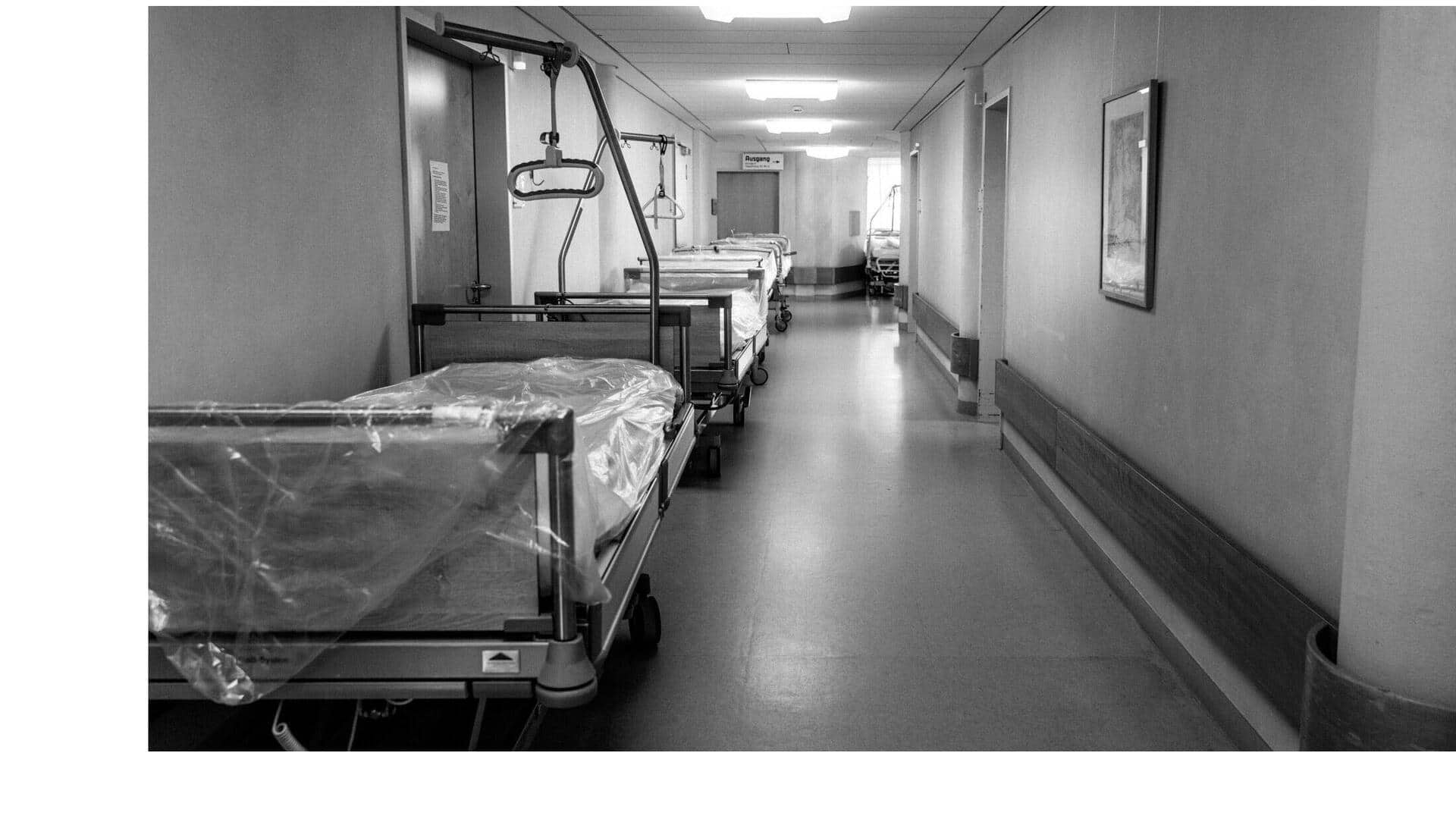
Euthanasia now accounts for 4.7% of deaths in Canada: Report
What's the story
Canada has seen a surge in euthanasia rates for the fifth consecutive year, with assisted dying now comprising 4.7% of total deaths. According to Health Canada's annual report, around 15,300 people chose medical assistance in dying in 2023. The number marks a nearly 16% increase from the previous year, although it is slower than the average annual growth rate of 31% in previous years.
Demographic data
Euthanasia report reveals demographic disparities
For the first time, Health Canada's report also included data on the ethnicity of those seeking euthanasia. The report revealed that nearly all individuals who requested euthanasia were facing a foreseeable natural death. It also showed a significant racial disparity, with about 96% of recipients identifying as white, despite white people constituting roughly 70% of Canada's population. East Asians were the second most reported ethnic group at 1.8%, while they make up about 5.7% of Canadians.
Provincial disparity
Quebec leads in euthanasia usage, investigation underway
The province of Quebec had the highest usage rate of euthanasia, with nearly 37% of all assisted deaths in Canada. This is disproportionate as Quebec's population only makes up 22% of the country's population. In light of these statistics, the Quebec government has launched an investigation to determine why its euthanasia rate is so much higher than other provinces.
Policy expansion
Canada considers expanding euthanasia access
Canada's lawmakers are also considering expanding euthanasia access to include people suffering from mental illnesses by 2027. The country first legalized assisted dying for those facing "reasonably foreseeable" deaths but expanded it in 2021 to include people with chronic conditions that aren't necessarily terminal. On Wednesday, Health Canada defended its procedures, saying "strict eligibility" criteria are set out by the criminal code.
Controversy
Christian think tank labels euthanasia figures as 'alarming'
However, Cardus, a Christian think tank, called the figures "alarming," considering Canada's rapidly growing euthanasia program. A report released in October by Ontario offered some light on controversial incidents when people were granted assisted dying even though they weren't nearing their natural death. One case involved a woman suffering from depression and chemical sensitivity who was approved after failing to secure suitable housing. Another involved a Nova Scotia cancer patient who was twice asked about assisted dying during mastectomy surgeries.